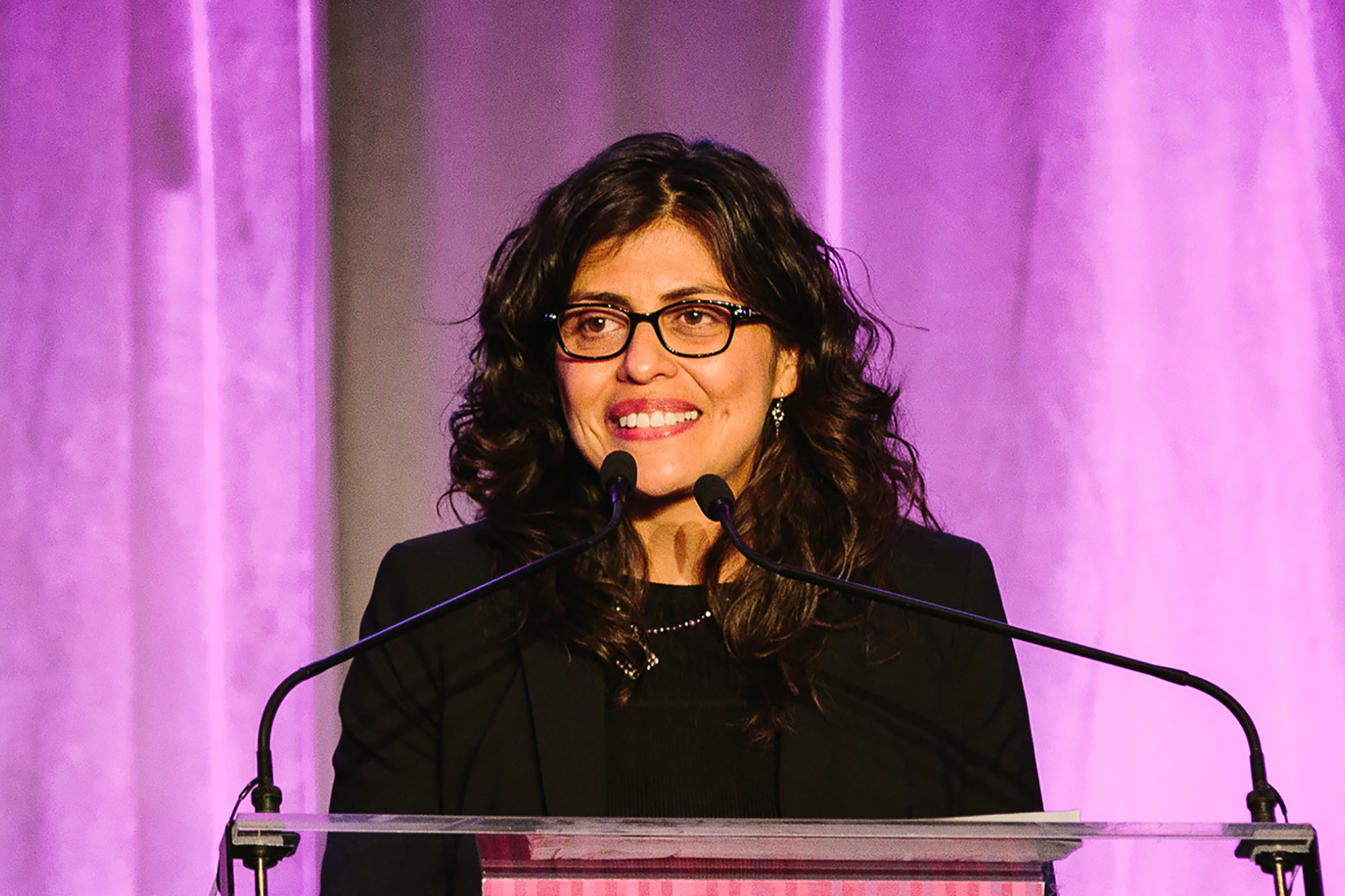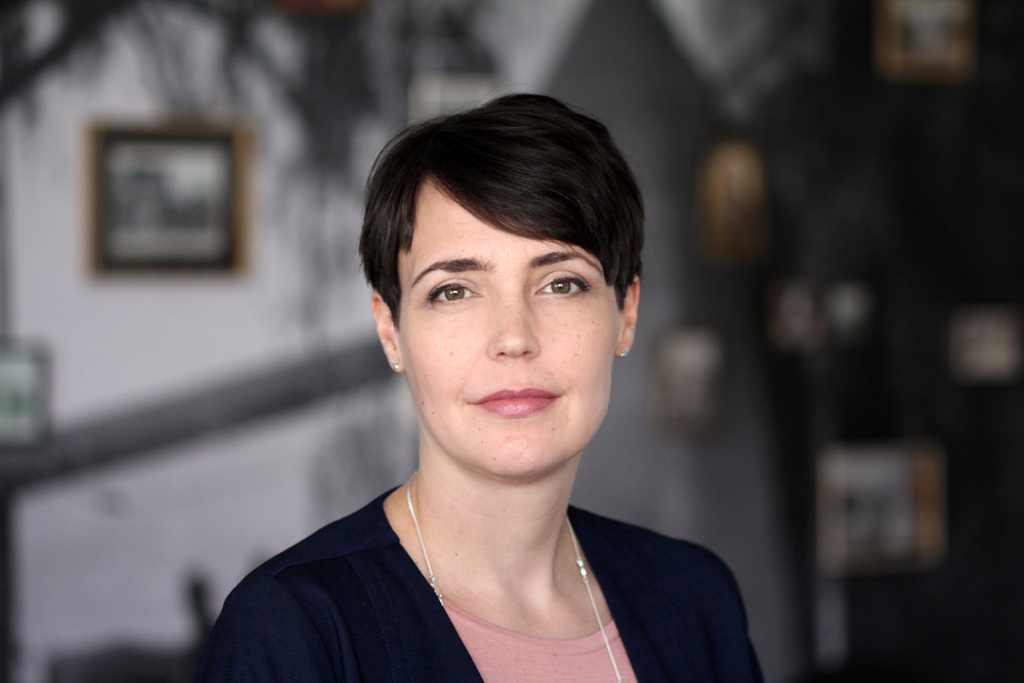Keynote lecture: How effective can litigation be in foreseeing and preventing human rights abuses?
In this keynote address, Alejandra Ancheita, Founder and Executive Director of the Mexican NGO “Economic, Social and Cultural Rights Project” (ProDESC), will share her experience in developing strategies and practices in the promotion and defence of economic, social and cultural rights in Mexico and abroad over two decades. In recent years, Alejandra has established an innovative focus in the promotion and protection of human rights with the aim of preventing major violations and damages. especially when dealing with large development projects and corporations. This focus has been denominated as “litigio estratégico preventivo” (preventive strategic litigation).
The proposal of “preventive strategic litigation” is the result of the application of an integral methodology for the defence of human rights, shaped by ProDESC in Mexico. It was also informed through a process of dialogue and continuous learning with the Zapotec indigenous community in Unión Hidalgo, Oaxaca, with whom ProDESC has been working since 2011 regarding the development of a new wind farm in the region. This process has led ProDESC to transit from reactive strategies for accountability for human rights abuses, where violations and material harms had already occurred, to a proactive strategy to avoid such harms. The organizational strengthening of communities, the development of institutional capacities and the creative use of the law allowed ProDESC to anticipate said material harms and prevent human rights violations from occurring. For instance, in the case of Unión Hidalgo, a judge granted an injunction halting the construction of the new wind farm given that the rights of local indigenous communities were violated during the planning and development process. This new strategy has allowed ProDESC to construct a more affirmative notion of legal defence and helped them achieve the expectations of the indigenous community in the protection and promotion of their rights, in particular in the field of Business and Human Rights.
Yet, this proposal – and its systematization – does not assume a naïve or uncritical posture of the law and the institutional context where it is applied. It recognizes that the defence of economic, social and cultural rights of indigenous peoples and communities will never be fully effective as long as the development model in their territories does not include a strong human rights focus. Structural limitations for the development of a truly preventive strategy of human rights defence in Mexico need to be acknowledged and strategies to overcome them need to be debated.
Dr Miriam Saage-Maaß, Vice Legal Director of the European Center of Constitutional and Human Rights (ECCHR), will discuss the challenges and opportunities of this innovative strategy of preventive strategic litigation with Alejandra.
This event is the final part of our conference on Justice for Transnational Human Rights Violations, co-hosted with the Latin American Centre and Oxford Transitional Justice Research on 19 and 20 June.

Alejandra Ancheita, the founder and Executive Director of the Mexico City-based ProDESC (The Economic, Social and Cultural Rights Project), is a Mexican lawyer and activist who leads the fight for the rights of the migrants, workers, and indigenous communities of her native country to dramatically raise their standard of living. Since founding ProDESC in 2005, Alejandra Ancheita and her dedicated team have run strategic campaigns aimed at protecting the economic, social, and cultural rights of Mexico’s most marginalised people. ProDESC’s work is guided by her innovative vision of an integrated approach, combining community education and organising, corporate research, human rights litigation, and policy advocacy; thereby bringing about real structural change.
Alejandra Ancheita is one of the leading Latin American voices in the human rights movement. She has spoken in various international forums, such as the UN Forum on Business and Human Rights, the Women’s Forum for the Economy and Society and the OECD Annual Meeting of National Contact Points, as well as arguing cases before the Inter-American Commission of Human Rights and the national courts. Alejandra Ancheita received the 2013 Wasserstein Public Interest Award from Harvard Law School. She is the 2014 Laureate of the Martin Ennals Award for Human Rights Defenders for her efforts in the fight for the rights of the migrants, workers, and indigenous communities in her country.

Dr Miriam Saage-Maaß is a German trained lawyer and Vice Legal Director at the Berlin-based European Center of Constitutional and Human Rights (ECCHR), where she coordinates the Business and Human Rights program. She has worked on various cases against corporations, including proceedings against German retailers like KiK and social auditing firms relating to exploitation of workers in Bangladesh and Pakistan, and has build up criminal cases against multinationals like Lafarge or arms manufacturers for aiding and abetting international crimes. Dr Miriam Saage-Maaß regularly publishes articles on the legal liability of corporations for human rights violations in the global supply chain and is internationally consulted as an expert in the area of corporate responsibility and human rights. In October 2016, the Association of Democratic Lawyers (Vereinigung Demokratischer Juristinnen und Juristen – VDJ) in Germany awarded Dr Miriam Saage-Maaß and ECCHR's General Secretary Wolfgang Kaleck the Hans Litten Prize in recognition of their role in the strategic approach of ECCHR's work.
Alejandra and Miriam are also Members of the Advisory Council of the Bonavero Institute of Human Rights at the University of Oxford.

